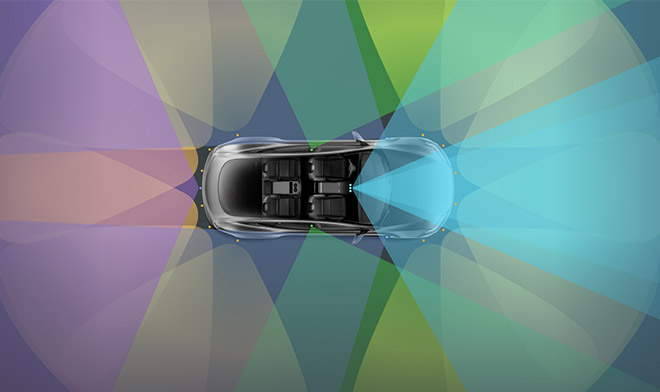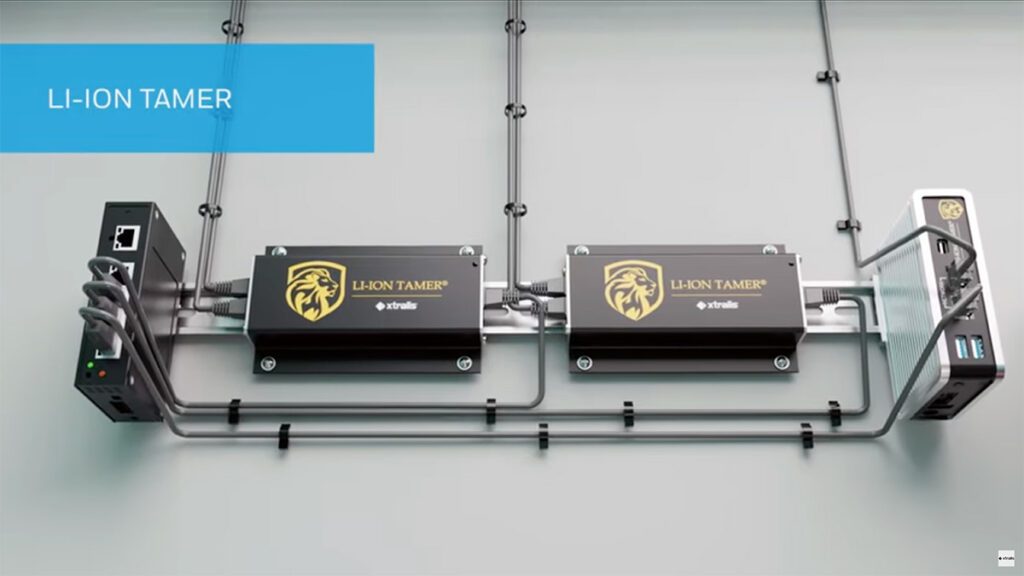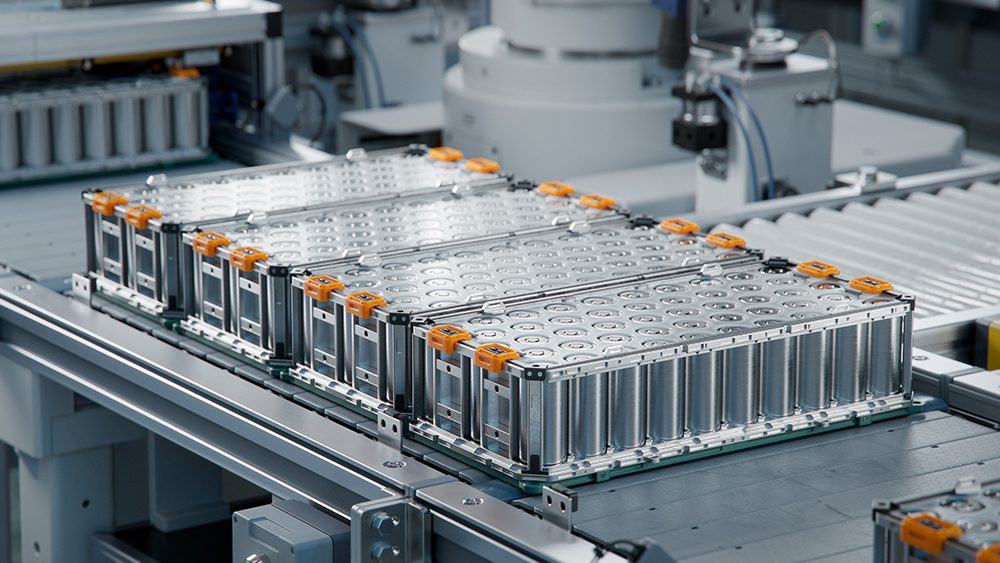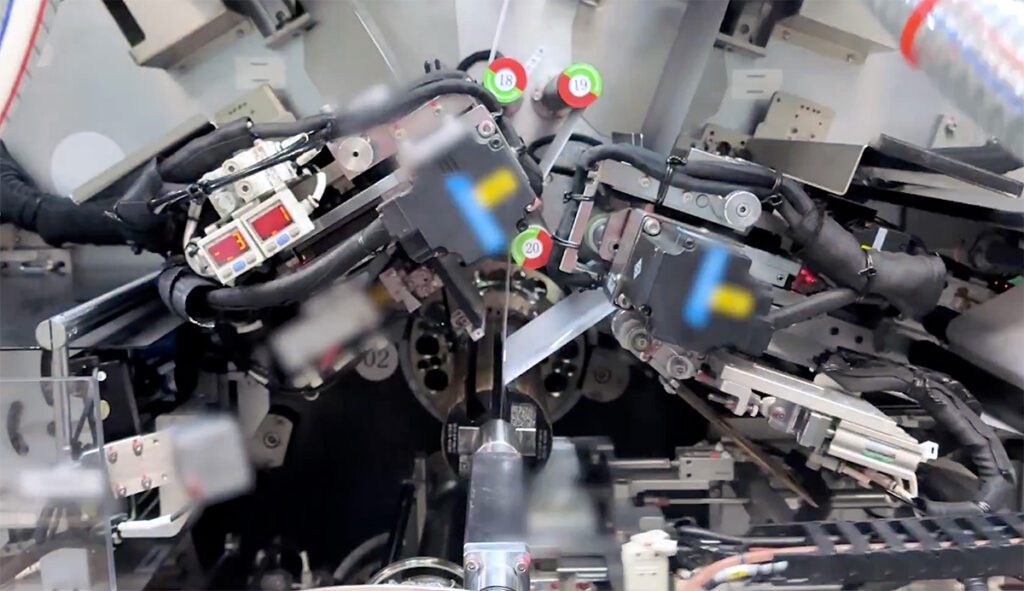Tesla has its corporate fingers in quite a lot of cutting-edge technological pies. Its cars, solar panels and stationary storage systems are widely discussed, but it’s less well-known that the company is also a pioneer in the field of supercomputers. Tesla recently unveiled a new supercomputer, which it says is the fifth most powerful in the world, and says it hopes to have an even more bad-ass machine, to be called Dojo, ready by the end of this year.
Tesla uses supercomputers to train the neural nets that enable its Autopilot system. Autopilot depends on a powerful computer within each vehicle, each of which sends a stream of real-time data to Tesla’s data centers. Clusters of supercomputers use this data to train the AI behind Autopilot’s self-driving software, steadily improving its capabilities.
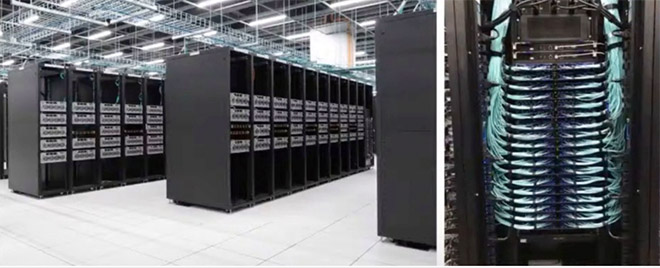
Driving a vehicle, which most of us do every day without thinking much about it, is in fact an incredibly complex task, as demonstrated by the awesome amount of computing power Tesla has deployed in order to automate the task—which it still has not fully mastered.
Tesla says its upcoming Dojo supercomputer, which it has been working on for the past few years, will be capable of performing an exaflop—one quintillion floating-point operations per second, or 1,000 petaFLOPS—making it one of the most powerful computers in the world.
Andrej Karpathy, Tesla’s Head of AI, described Tesla’s third supercomputer cluster during a presentation at the 2021 Conference on Computer Vision and Pattern Recognition, and gave a shout-out to the team that developed it.
“We have a neural net architecture network, and we have a 1.5-petabyte data set that requires a huge amount of computing,” said Karpathy. “For us, computer vision is the bread and butter of what we do, and what enables Autopilot. And for that to work really well, we need to master the data from the fleet, and train massive neural nets and experiment a lot, so we invested a lot into the computer. This is a massive supercomputer—I actually think that in terms of flops, it’s roughly the number-five supercomputer in the world.”







